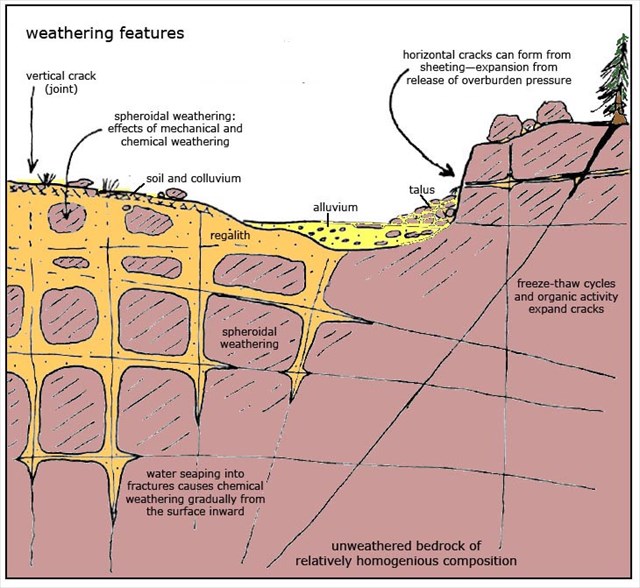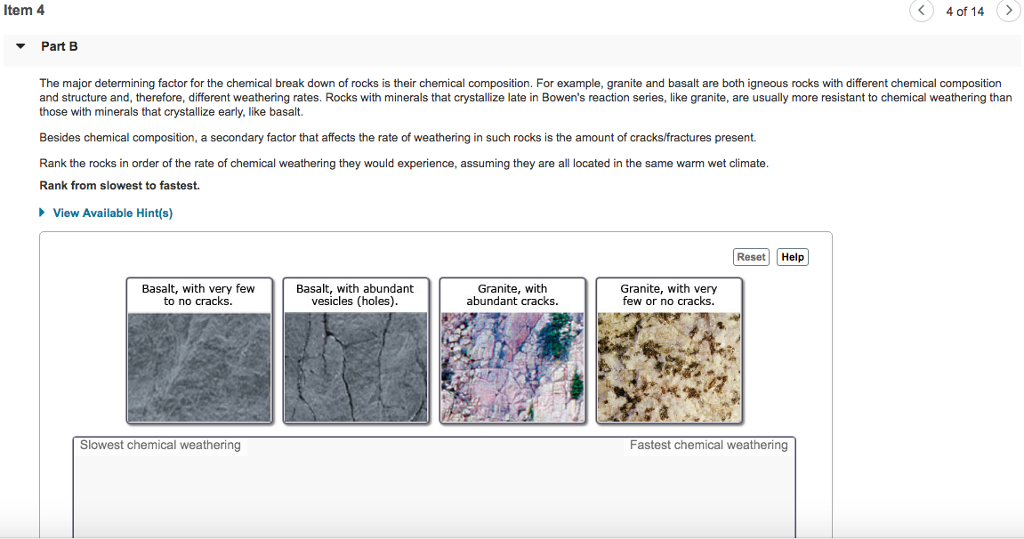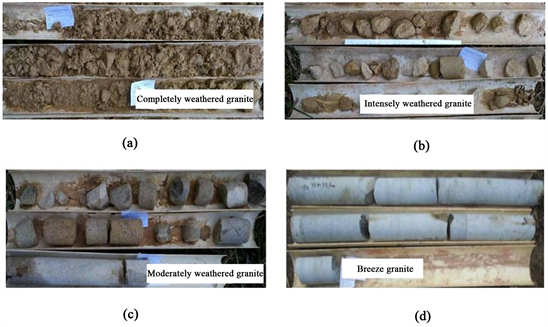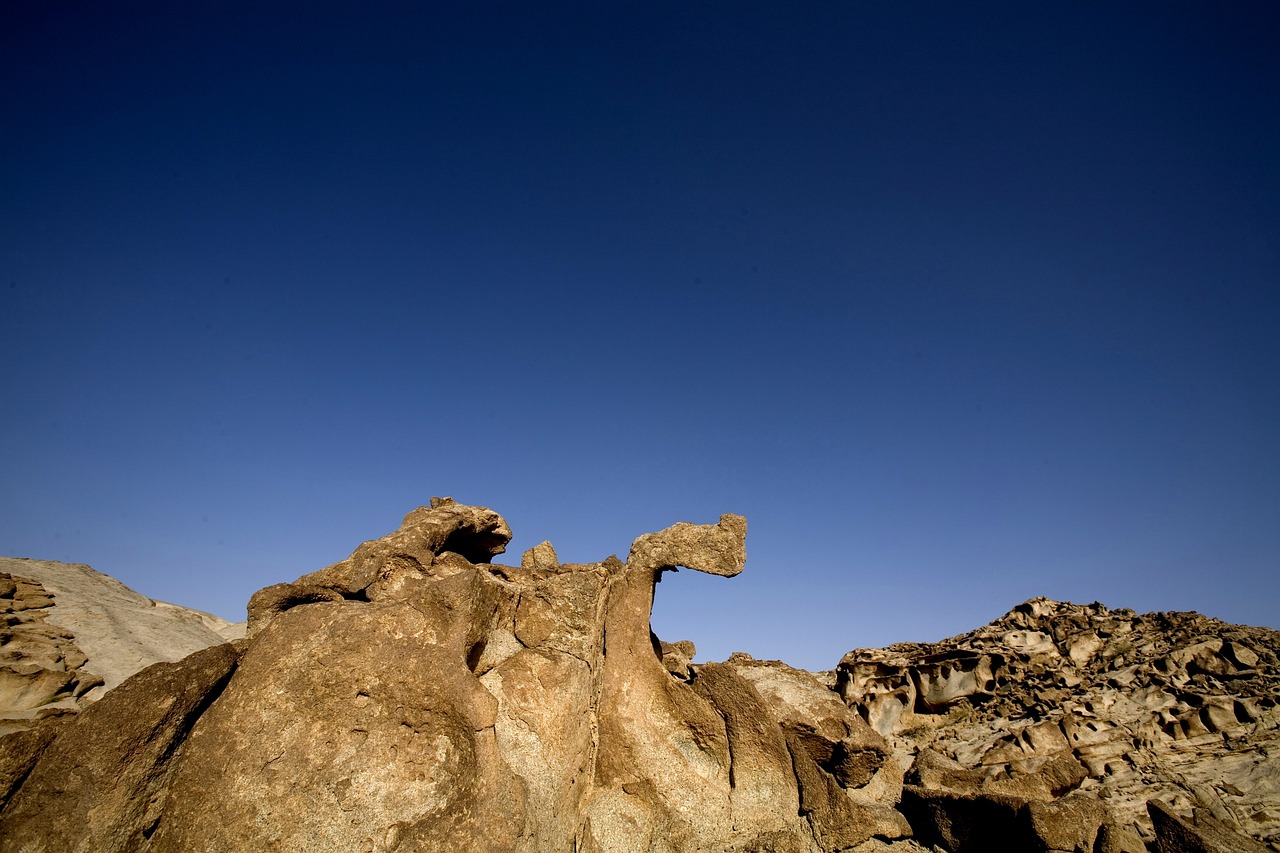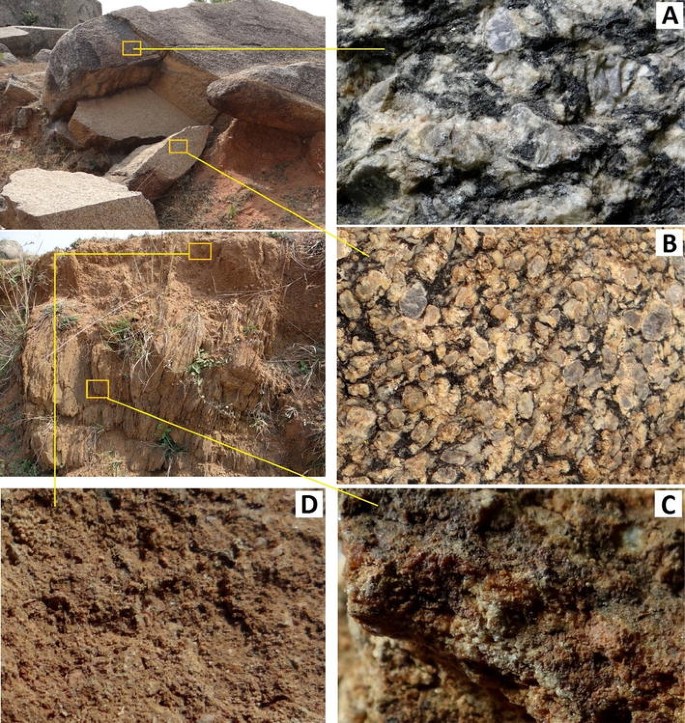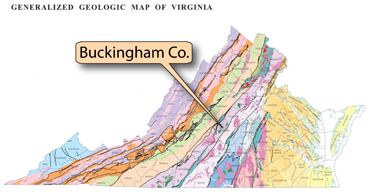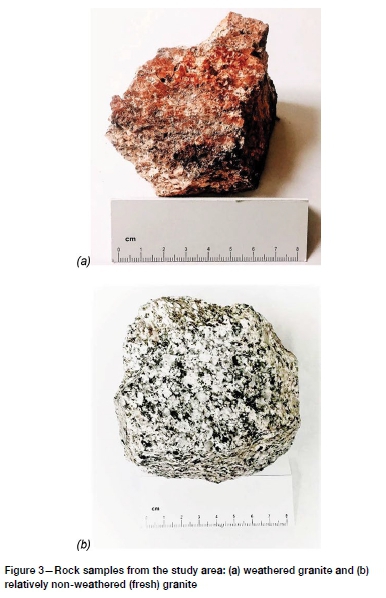What Climate Affects Chemical Weathering Of Granite
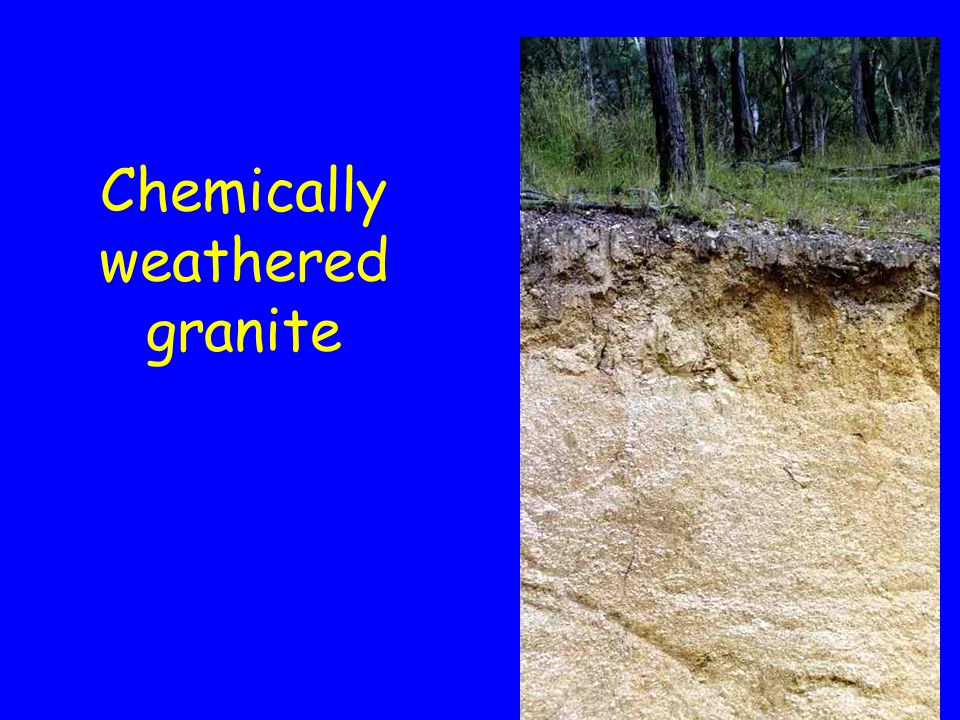
Physical weathering also called mechanical weathering or disaggregation is the class of processes that causes the disintegration of rocks without chemical change the primary process in physical weathering is abrasion the process by which clasts and other particles are reduced in size.
What climate affects chemical weathering of granite. Besides chemical composition a secondary factor that affects the rate of weathering in such rocks is the amount of cracks fractures present. This weathering takes place naturally through the process of physical weathering and in the form of chemical weathering which involves rain snow and other precipitation with synthetic compounds. Chemical weathering of rocks is a spontaneous i e irreversible thermodynamic process leading to a more stable state for natural materials under a given set of conditions e g temperature and pressure. A gravestone made of granite will therefore resist fracturing cracking and chipping longer than a sandstone marker found in the same location.
Climate is weather averaged over a long period of time. Rank the rocks in order of the rate of chemical weathering they would experience assuming they are all located in the same warm wet climate. List the products of chemical weathering of each of the minerals in each of these rocks. Limestone areas are predominantly affected by chemical weathering when rainwater which contains a weak carbonic acid reacts with limestone.
A region s climate strongly influences weathering. It attacks minerals that are relatively unstable in surface conditions such as the primary minerals of igneous rocks like basalt granite or peridotite. Climate is determined by the temperature of a region plus the amount of precipitation it receives. Carbon dioxide from the respiration of animals and ourselves is one cause of increased carbon dioxide in the atmosphere.
However chemical and physical weathering often go hand in hand. It results from the reaction of aqueous acidic and oxidizing solutions with the minerals in rocks and soils. Chemical weathering increases as. Draw a conclusion as to which rock type is more resistant to weathering in a humid climate.
Weathering therefore occurs more slowly in granite than in layered sedimentary rocks. Observe and measure the effects of chemical weathering and mechanical weathering in a humid climate on headstones of granite and marble each of different ages. Rainfall and temperature can affect the rate in which rocks weather. Chemical weathering studies are of fundamental importance for several reasons.
Chemical reactions proceed more rapidly at higher temperatures. Rank from slowest to fastest. High temperatures and greater rainfall increase the rate of chemical weathering. Weathering is the breakdown of rock by physical chemical or biological processes.
This causes the limestone to dissolve.
